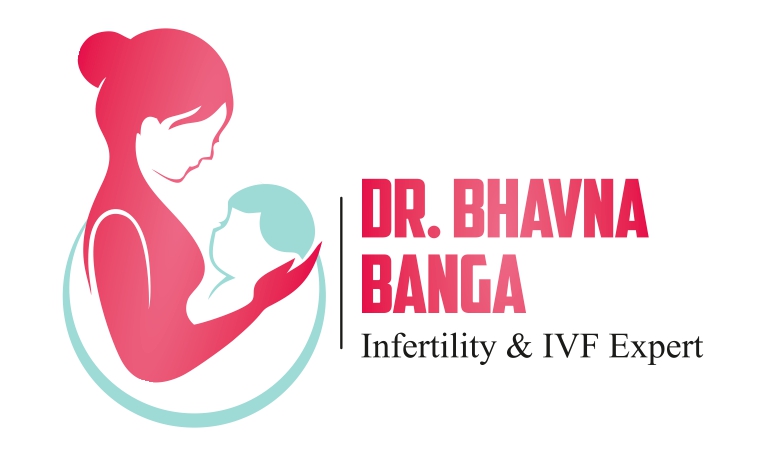Infertility is an ailment of the reproductive system that affects one of the body’s most key functions – the conception of babies. Conception is a complex procedure that depends upon various factors, such as, production of healthy sperm with the aid of the man and healthy eggs with the aid of the woman. • Open fallopian tubes that allow the sperm to attain the egg • The sperm’s potential to fertilize the egg once they meet. • The potential of the fertilized egg (embryo) to be implanted into the woman’s uterus as well as sufficient embryo quality. Ultimately, for the pregnancy to continue to the full term, the embryo needs to be healthy and the woman’s hormonal environment good enough for its development.
If any one of these factors is impaired, it can result in infertility. Q.02 – What can be the reason(s) behind infertility? Answer: No one can be blamed for infertility. In tough terms, approximately 1/3 of infertility cases may be attributed to male factors and about 1/3 to elements that affect ladies. For the final 1/3 of infertile couples, it can be a combination of troubles in both individuals or, in about 20% of instances, it is unexplained. The most common male infertility factors include these two medical conditions – azoospermia (zero sperm cells production) and oligospermia (fewer sperm cells production). A lot of times, the sperm cells get malformed or die before reaching the egg. In uncommon cases, infertility in men can be caused by a genetic disorder called cystic fibrosis due to a chromosomal abnormality. Different causes of infertility in women include blocked fallopian tubes that can occur when the woman has had pelvic inflammatory disease or endometriosis (a painful condition that causes adhesion and cysts). Congenital anomalies (also known as birth defects) involving the shape of the uterus and uterine fibroids are related to repeated miscarriages.


